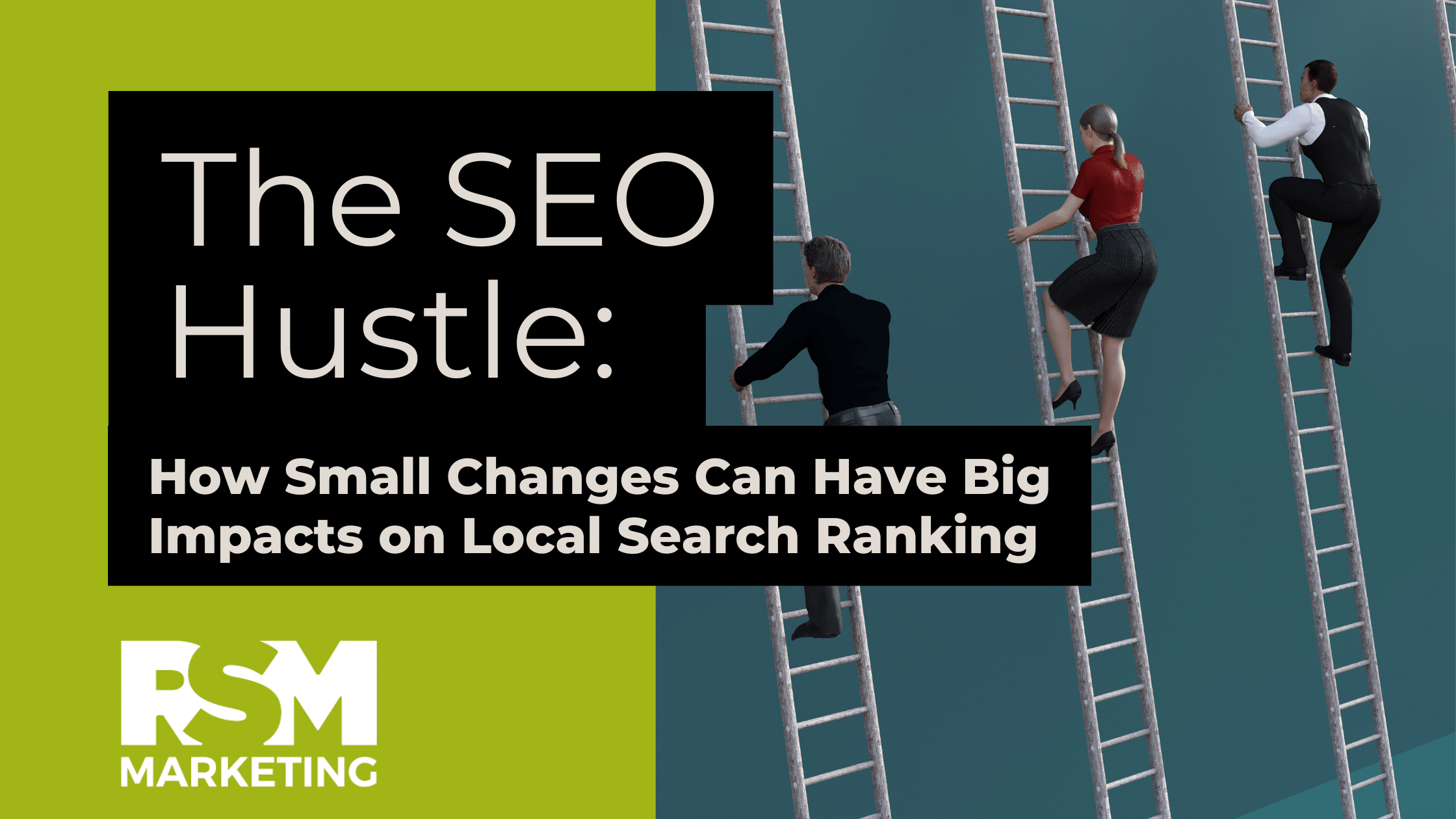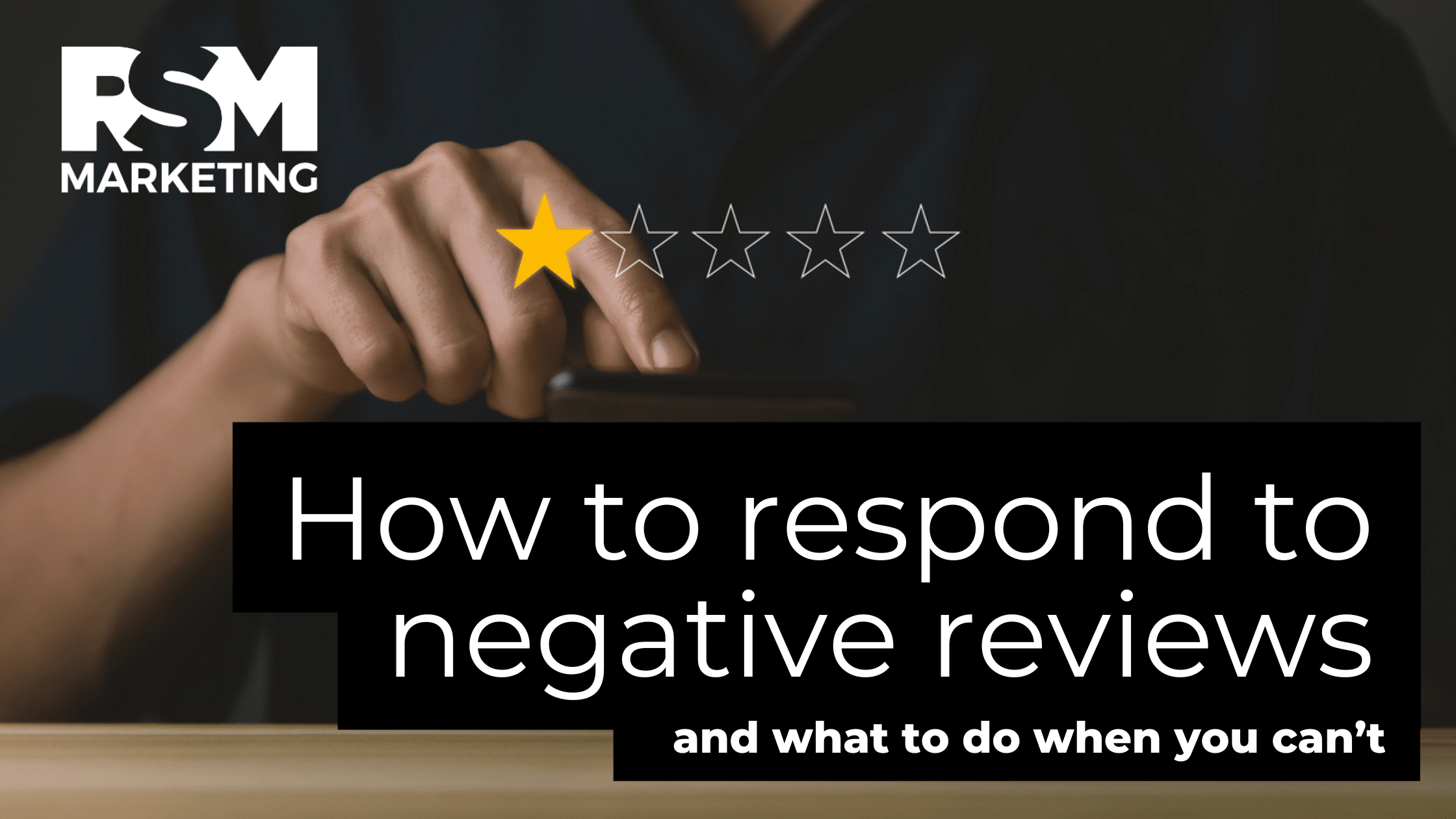Ah yes, link building. That thing that all digital marketers love… and sometimes hate. SEO link building, in its simplest form, is getting sites with authority to link your content because it is useful and relevant. The age-old tale is that link building is the number one way to increase your Google ranking. This has been the case for a while in the SEO world, but will this continue to be a huge ranking factor in 2019?
SEO Link Building Perseveres as a Top Ranking Factor for 2019

Back in 2016, during a live discussion with WebPromo the Search Quality Senior Strategist at Google Ireland, SEO expert Ammon Johns said that content and links are the two most important ranking factors pointing to your site; but again, what about 2019?
Answer: Google confirmed that links would continue to be one of the top ranking factors for websites by eloquently saying, “Ranking without links is really, really hard.”
What will change, however, is that the quality of links will matter more than the quantity.
Links connect pages across the internet and show search engines how web pages are related. According to Moz, a heavy hitter in the digital marketing world, search engines can analyze the popularity of websites and pages based on the authority, expertise, and trustworthiness (E.A.T.) of the pages linking to them.
If your site has a lot of high-quality links from sites that have these three qualities, this will influence your web ranking in a positive way. On the other hand, if you have a lot of spammy links from sites that search engines do not trust, your web pages probably aren’t ranking well, if at all.
Let’s Talk Expertise, Authority, and Trust (E.A.T)
The key to finding out what exactly makes a website rank well and build trust with Google can be found by reading Google’s Quality Raters Guidelines. This lengthy PDF gives you a roadmap to exactly what Google is looking for and what makes up an E.A.T score.
One thing that has become a huge factor for E.A.T is the importance of who authored the piece of writing. Before, Google didn’t pay much attention to who wrote pieces of content, but now it has a huge impact on the expertise (E) of E.A.T. Make sure you include the name of the person who authored the piece of content and a short bio stating why they are qualified to speak on the topic at the bottom of the post.
The next thing you will want your website and the websites that link to you to have is authority (A). Authority comes from high-quality editorial content with properly-cited, reputable sources.
Last, but certainly not least, is trustworthiness (T). Trustworthiness relates to the security of your site. Now that Chrome is marking all HTTP pages as “Not Secure,” a site lacking an SSL certificate that does not automatically redirect to an HTTPS URL is going to have a hard time ranking when it comes to the future of its E.A.T score.
The Difference Between a High-Quality and Low-Quality Link
High-quality links come from sites that have built a high E.A.T score on Google. Links from these sites will greatly help your ranking.
Low-quality links, on the other hand, come from sites that Google has deemed untrustworthy, misleading, or not useful to searchers. When links first started becoming a huge ranking factor, many websites tried to “cheat the system” and develop links by using misleading content and spam. Low-quality links can hurt your search rankings and tank your E.A.T score, which is something you absolutely do not want.
Google has become better at finding the websites that use shady practices to build links, but you will have to continue to look at your link profile to make sure that sites with little to know expert input, low domain authority, and a lack of trust do not link your posts.
Finding Low-Quality Links to Your Website
You will need to look at a couple of things to determine if the links your site is receiving are helping or hurting you. It is a simple two-step process to find out if you are getting helpful or hurtful backlinks:
- Look at your entire backlink profile using something like SEMrush’s backlink analytics tool. This will show you all of the other sites that are linking to your web pages.
- Do a backlink audit and determine which sites are considered toxic and delete those links. The SEMrush tool we recommended does this for you and lets you keep or delete the links as needed.
Now you can try and use your judgment to distinguish between good and bad backlinks, but it is much easier to utilize the tools available to avoid making a mistake.
How to Change Your Link Building Strategy for 2019

We have talked a bit about link building in the past in this post about creating successful content and we don’t want to go back on what we said before, because it is still correct, but your link building strategy should be tweaked a little in 2019.
Creating Content
First and foremost, if you are looking into link building you probably are already cranking out blog posts, social media posts, videos, etc.
Ask yourself these questions to see if your content is link-worthy before 2019 rolls around.
Are you creating content for the sake of just keeping up with your posting schedule or do you feel that your posts are actually bringing something new and fresh to the table?
Is adequate research being conducted? Are you making sure that you are linking reputable sources? For example, if you are writing a post about blueberries and claim that they cure cancer, you better have a link to a study done by an organization with some serious credentials or search engines will deem your content inaccurate and tank that post’s ranking.
If your post’s ranking goes down, your long term link building opportunities go down with it.
Content Marketing Statistics to Help Your 2019 Link Building Strategy
- When asked what types of content they’ve used in the last 12 months, 74% of B2B content marketers overall and 90% of the most successful say they’ve used or developed long-form content (source). Long-form content (1800-2000+ words) is currently ranking really well on Google and therefore can bring more link opportunities to your site.
- As of July 2018, 52.95% of people use Mobile compared to 43.11% on desktop worldwide. The take away here is to make sure all of your content is optimized for mobile.
- We suggest installing the AMP plugin (for WordPress sites), using high-quality, properly cropped images, making on-page buttons easy to see/use on mobile, and writing short paragraphs, so users don’t see a huge wall of text on their phones. Click here to learn more about creating mobile-friendly content.
- 70% of internet users want to learn about products through content versus traditional advertisements. This statistic speaks for itself.
Start Guest Posting
If you are not already guest posting, we highly suggest you look into it because it is one of the best ways to garner backlinks. Guest posting is where you reach out to other companies in your industry and offer to write a blog post for them. You write the post and link your site within that post. We love this method of procuring backlinks because everybody wins. The company you reached out to gets free blog content and you get a great backlink.
You don’t have to kill yourself trying to write 25 guest blog posts a month or reach out to thousands of content directors and pitch them your blog idea. According to a survey done by Referral Rock, most only write 1-5 guest posts per month (see survey results below).
Survey Results from Referral Rock
- 60% of companies write 1-5 guest posts per month
- 27% of Companies write 6-10 per month
- 10% of companies write 11-25 per month
- 5% of companies write 25+ per month
Asking for Links
Okay, we get it: Asking for links isn’t something most people want to do, but it is important. The main reasons people don’t ask for links are 1) They don’t know how to do it. 2) They don’t want to seem desperate. 3) They are afraid of getting rejected. Well, we can help you with all of those pains.
I don’t know how to ask for a link
Asking for a link isn’t as overwhelming as it seems. Having a plan in place is vital when it comes to the business of link building. Below you can see how to ask for a link. If you want a more in-depth look at link building, take a look at this post from backlinko.
I don’t like asking for links because it seems desperate
It is in no way desperate to ask another site to link your content. No one will think you are struggling in any way if you ask them for a link. Some of the biggest bloggers got to where they are because they asked for links.
When you reach out for a link, make sure you show that you are confident in your content.
I don’t want to get rejected when I ask for a link to my content
This isn’t prom (thank goodness), and some people are not as generous when it comes to linking content as others. If somebody says they are not interested in giving you a link, take a moment to ask them what you could improve upon. It also isn’t the end of the world if they flat out say no and never respond to your follow up question. Be polite and take rejection with grace. If somebody is rude to you about asking for a link (it is very rare that you will encounter this), you probably don’t want to work with them in the first place.
Why Links Will Continue to Be Important in 2019
Here’s the thing, search engines, Google in particular, change their algorithm a lot (200-300 times a year). And links are almost always a part of the big updates. Take a look at the most recent Google Medic Update.
The Medic Update made a lot of sites drop in the rankings because they were either A: Were linking or were linked to by sources that are not reputable or B: Putting out low-quality content but still getting links (somehow).
The Google Medic Update was an indicator of what is to come in the future. Although relevant links will continue to be important, having high-quality content that garners those links is equally, if not more, important.
In short, linking will continue to be a factor for ranking in 2019. As long as you are creating engaging, relevant content and giving people a reason to link to you. You won’t have to worry about making too many adjustments next year.





